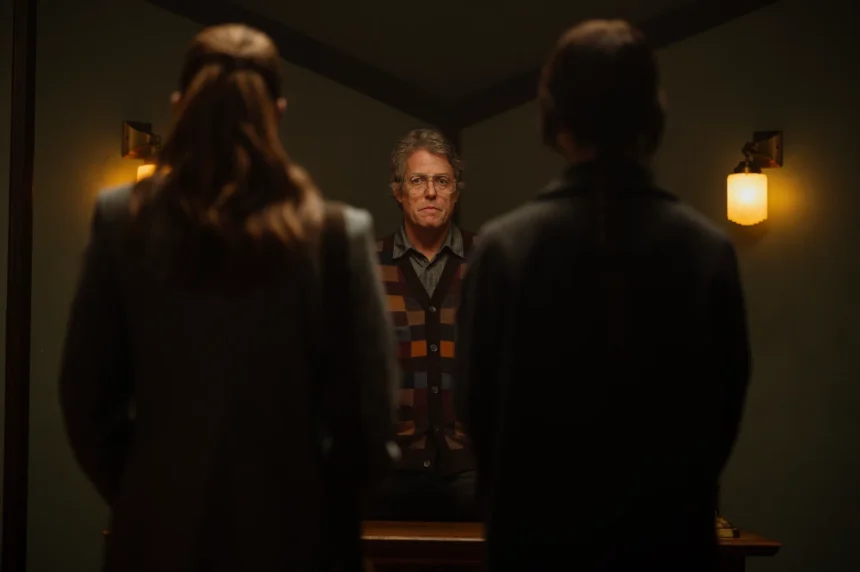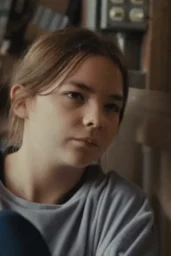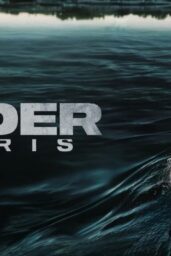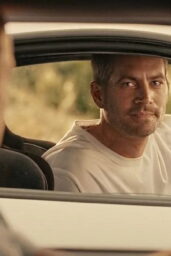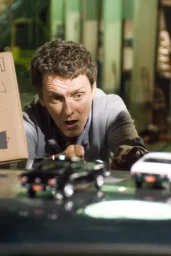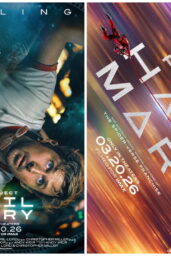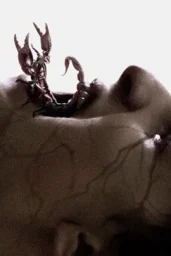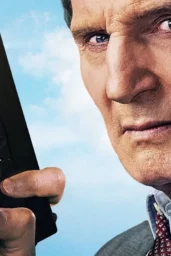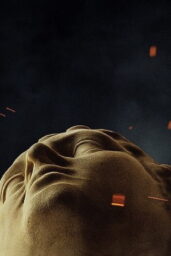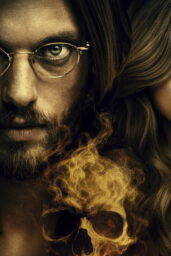A refreshing twist on horror and ethics, the new film Heretic starring Hugh Grant promises to make waves. Co-written and directed by A Quiet Place screenwriters Scott Beck and Bryan Woods, the film's end credits include a bold statement: “No generative AI was used in the making of this film.” This declaration resonates as the entertainment industry continues navigating the effects of AI on human creativity.
Produced by A24, a studio known for its support of artistic freedom, Heretic arrives in cinemas this Friday with an impressive 93% rating on Rotten Tomatoes. The plot follows a theological scholar, played by Grant, who preys upon two young Mormon missionaries, portrayed by Sophie Thatcher and Chloe East. Building suspense without the aid of AI, the film instead utilizes practical effects, further adding to its chilling atmosphere.
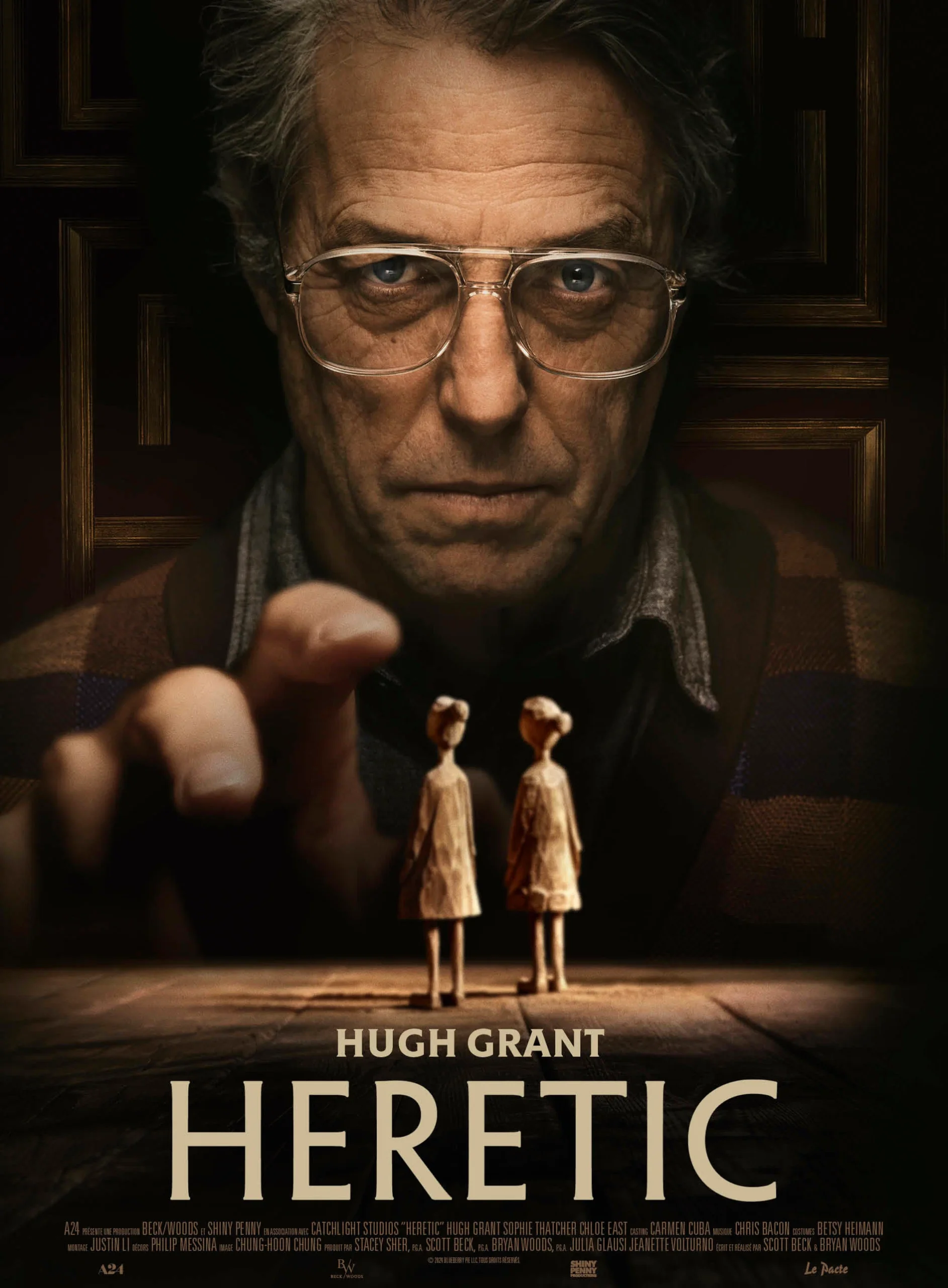
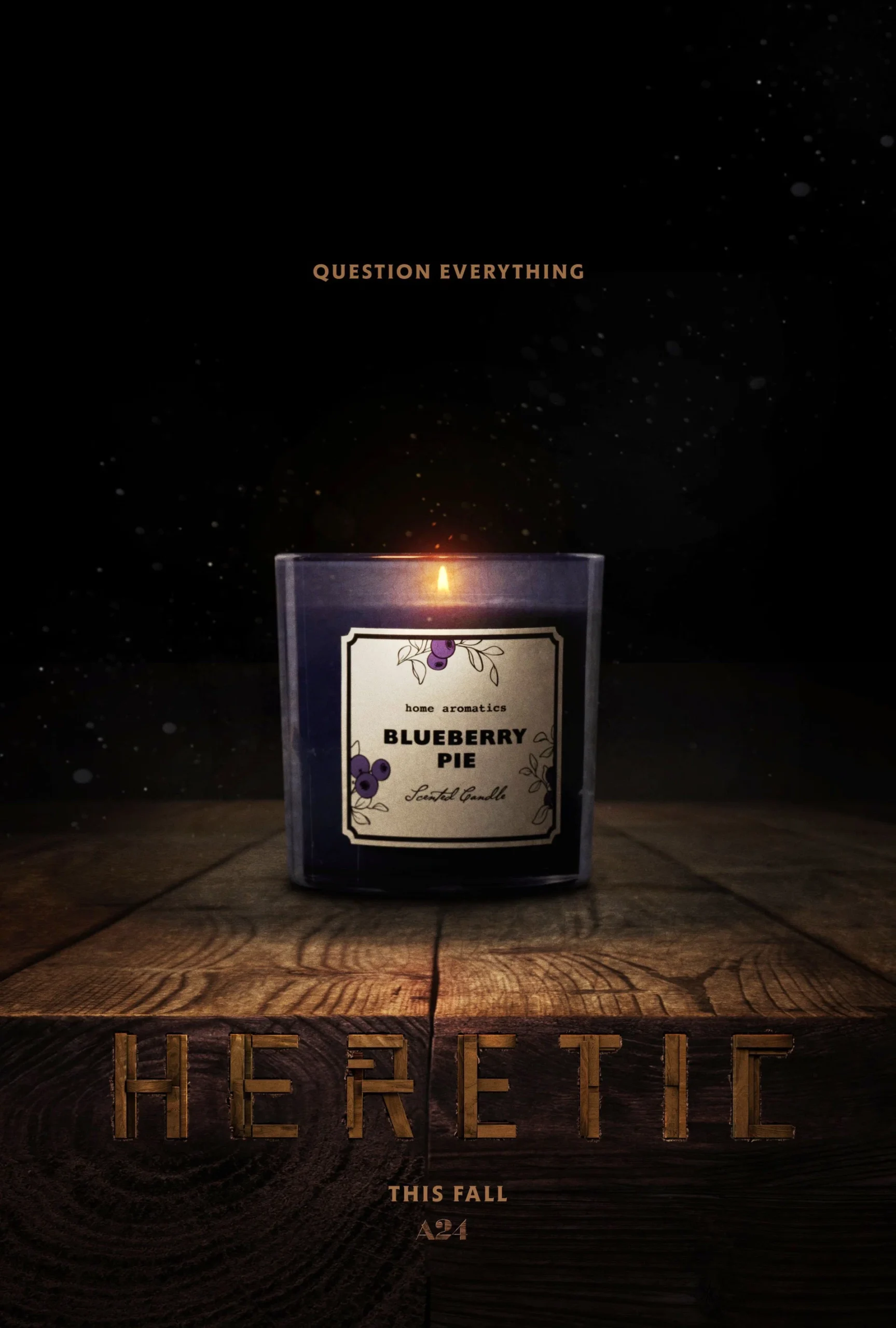
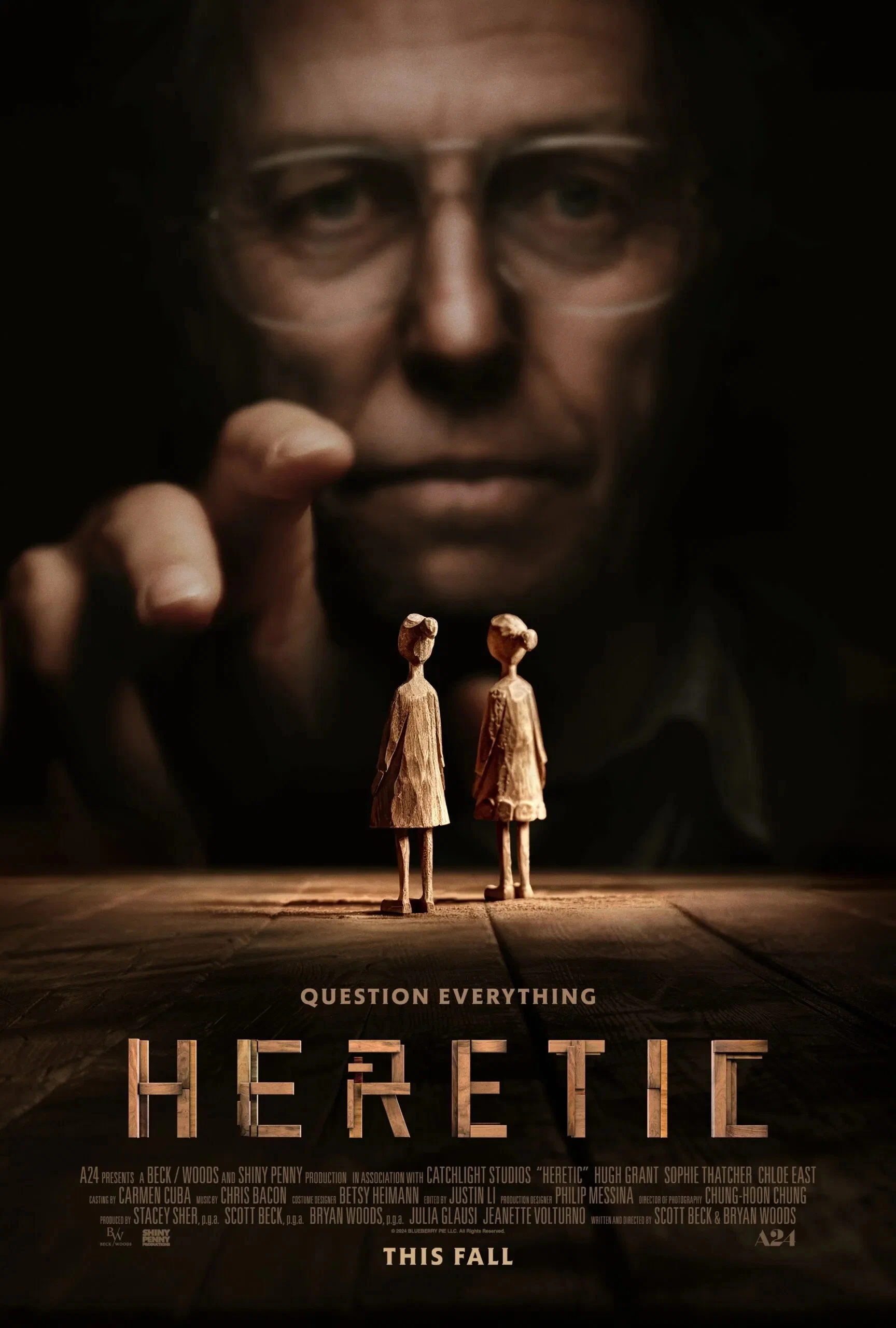
Director Scott Beck emphasized the importance of avoiding AI in the filmmaking process, a point backed by A24. Beck shared with Indiewire that the studio respects human-centered artistry: “They're a studio that is incredibly artist-friendly… we're in a time where creatively we're in one of the big ethical battles.” With recent debates about AI's role in entertainment, this decision aligns with industry-wide conversations following the recent writers and actors' strikes.
This isn't A24's first encounter with AI-related controversies. Recently, the studio clarified that its latest fantasy feature, directed by Isaiah Saxon, employed animatronics and puppetry rather than AI, underlining a commitment to practical effects over digital shortcuts.
As Heretic prepares to terrify audiences, its anti-AI message raises timely questions about technology's role in creative industries. This commitment to traditional filmmaking could inspire similar approaches, sparking a movement toward more human-driven production in Hollywood.
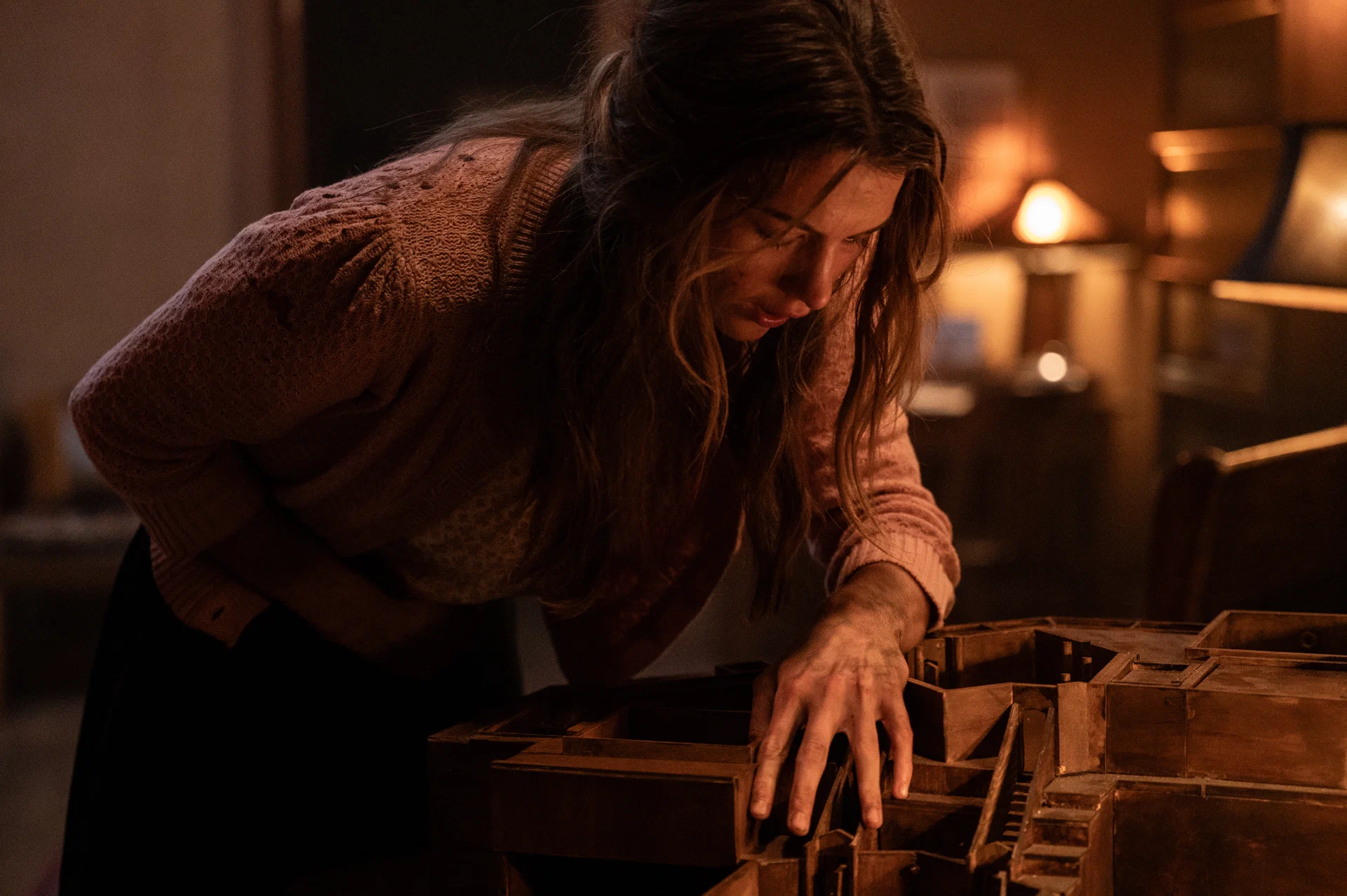
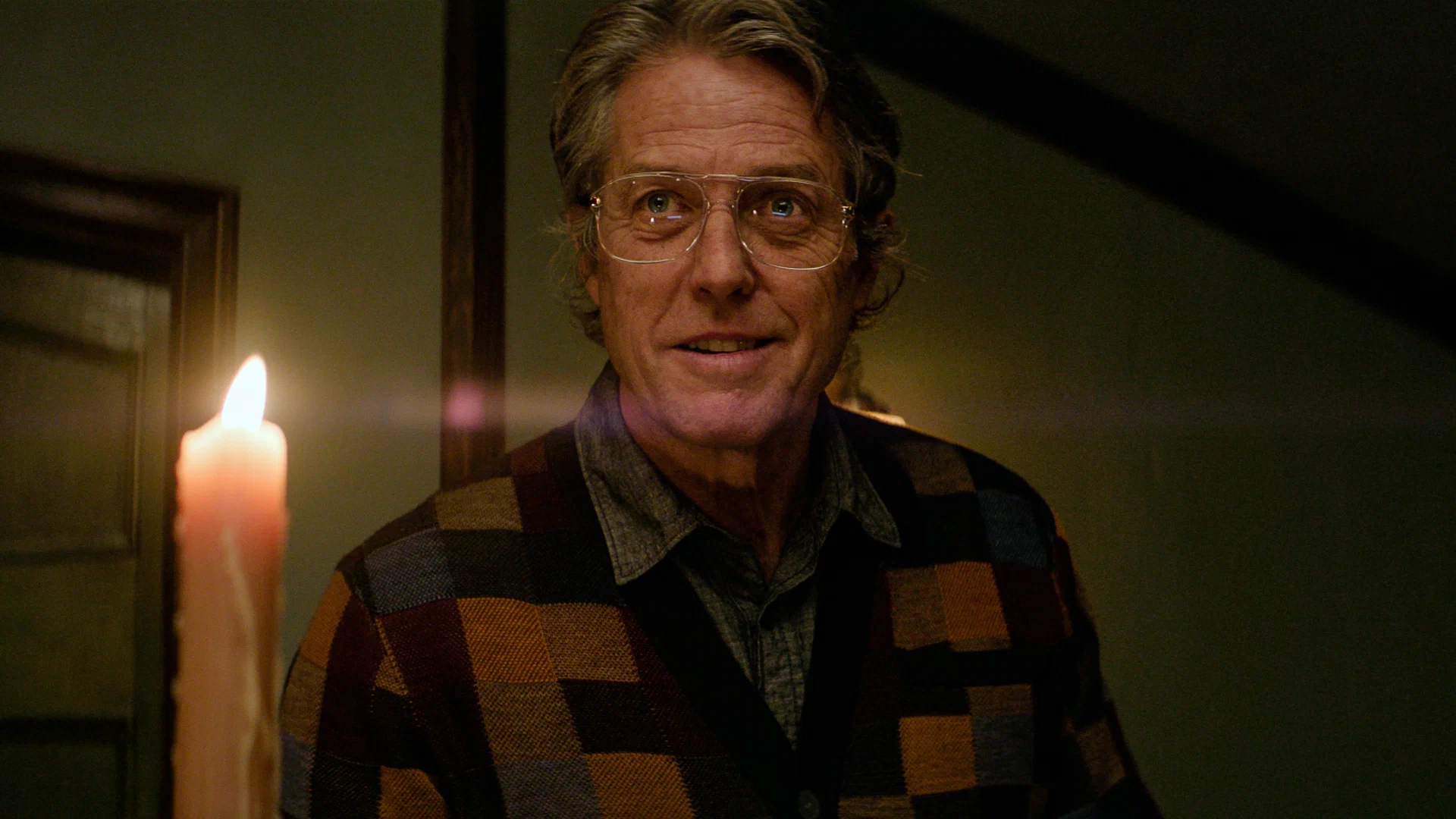
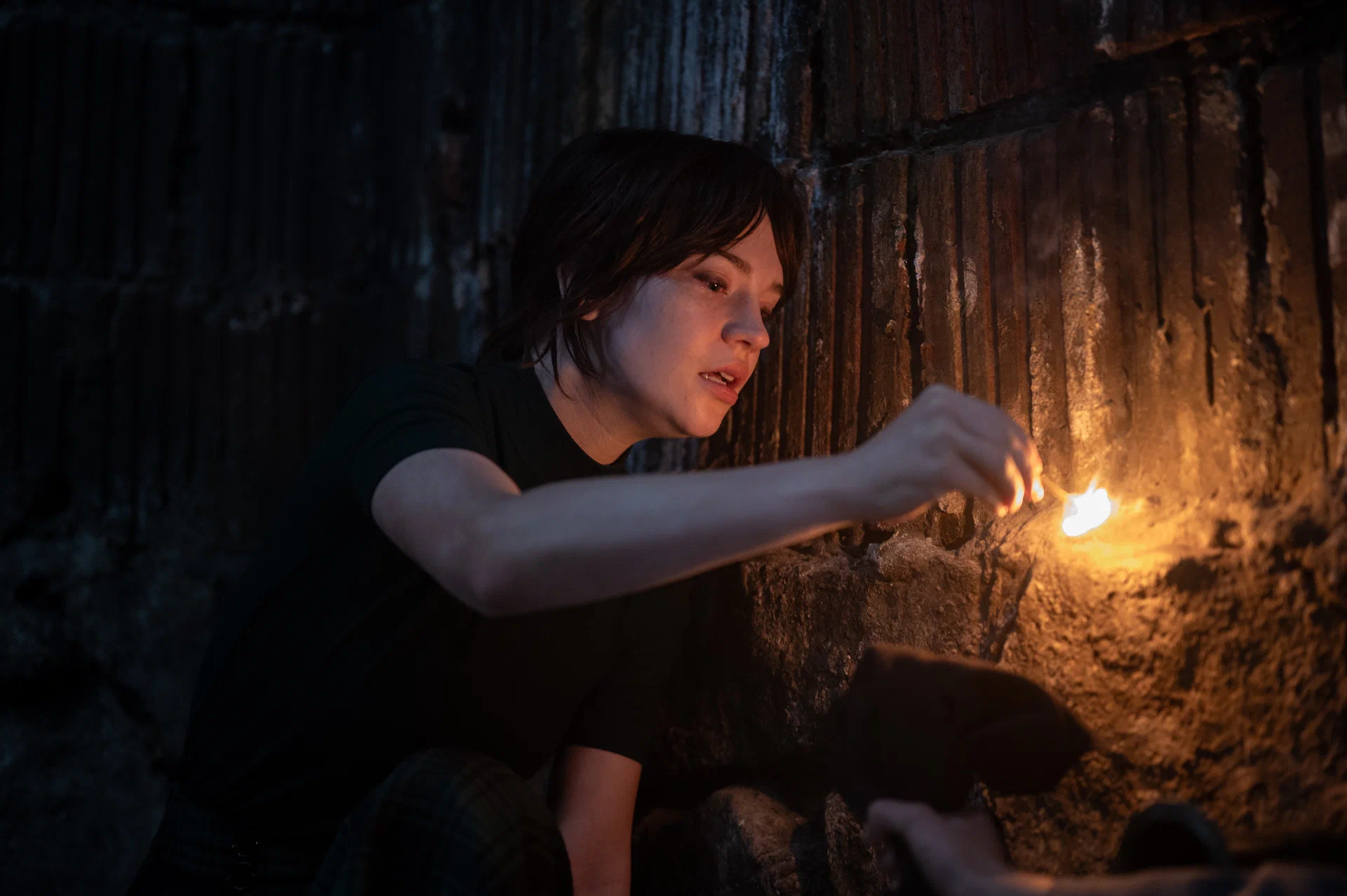
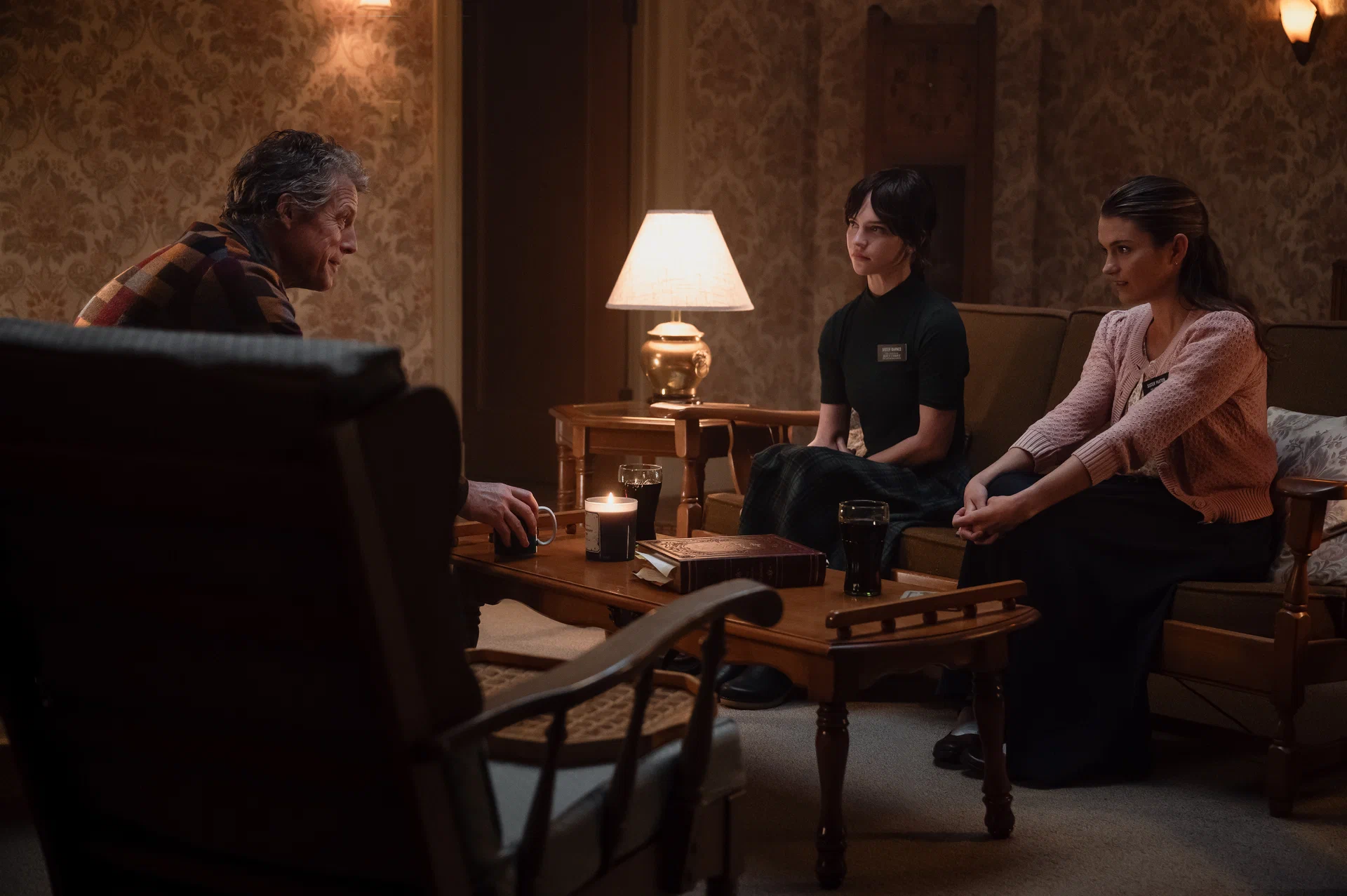
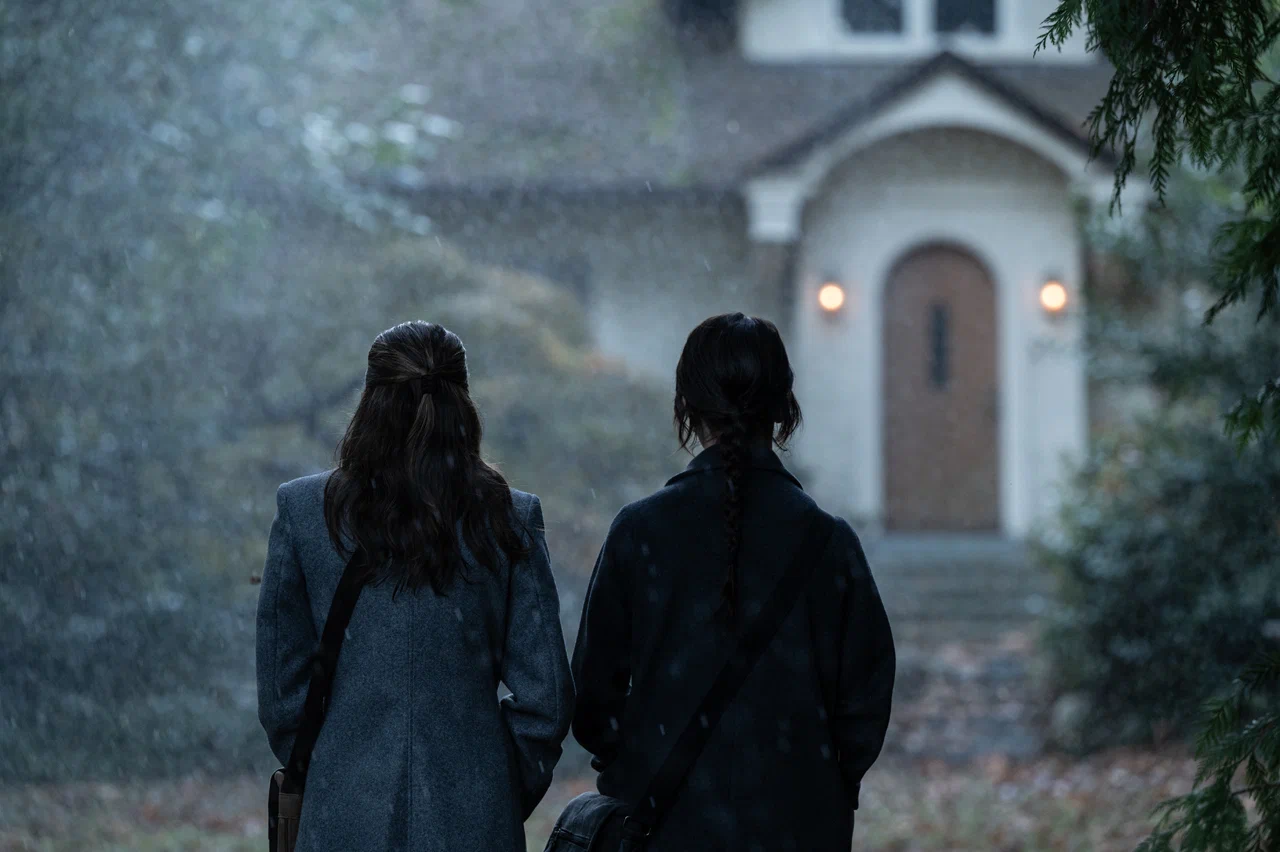
It's refreshing to see Heretic and its creators standing firm on keeping AI out of the production process. In a time when AI-generated content is increasingly common, Beck and Woods' decision feels like a pledge to honor the craft's roots and the humanity that breathes life into storytelling. The movie's emphasis on practical effects over CGI and AI not only makes it a unique experience but also helps preserve the authenticity that horror fans cherish. In addition to being a powerful horror experience, Heretic serves as a reminder that, sometimes, the “old ways” still have unmatched value in an increasingly digital world.
Do you think more studios should avoid using AI in filmmaking to maintain creative authenticity, or does AI have a place in enhancing storytelling? Why?

